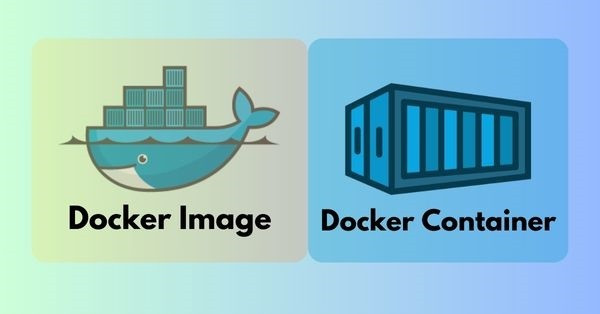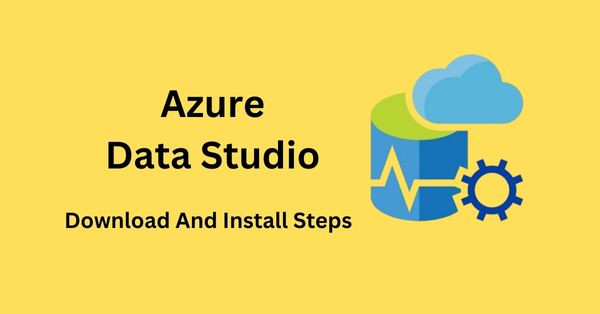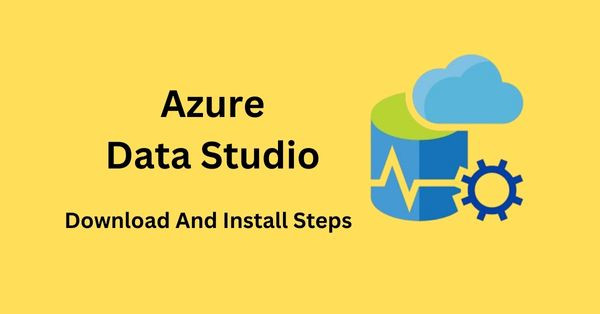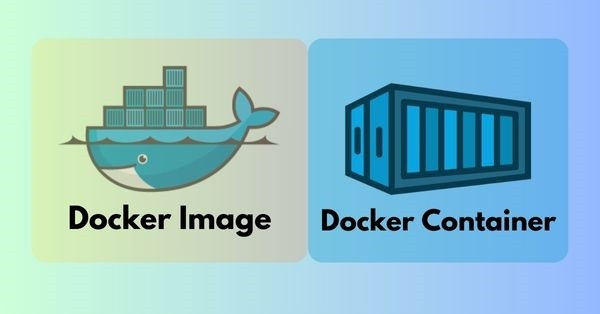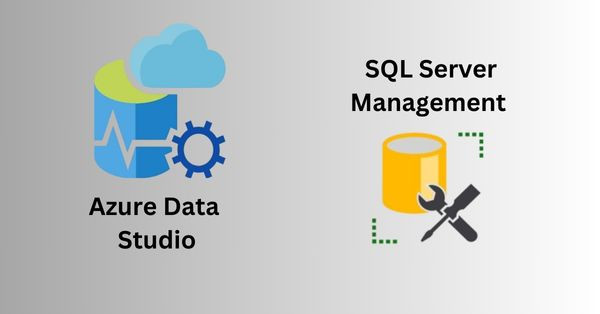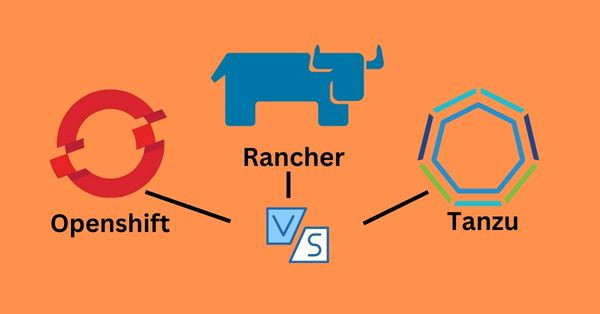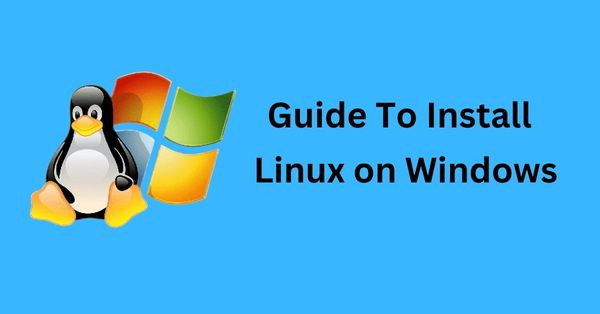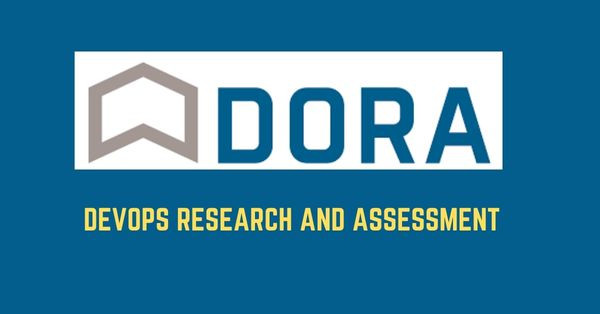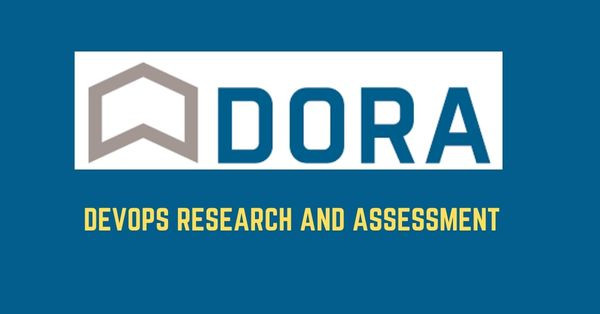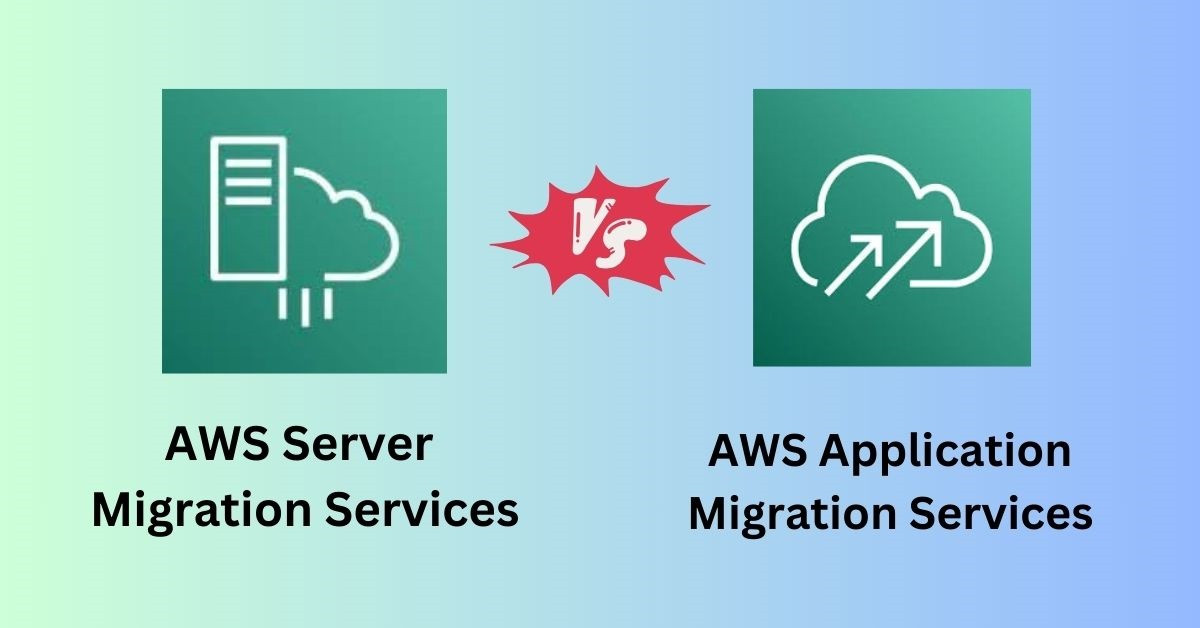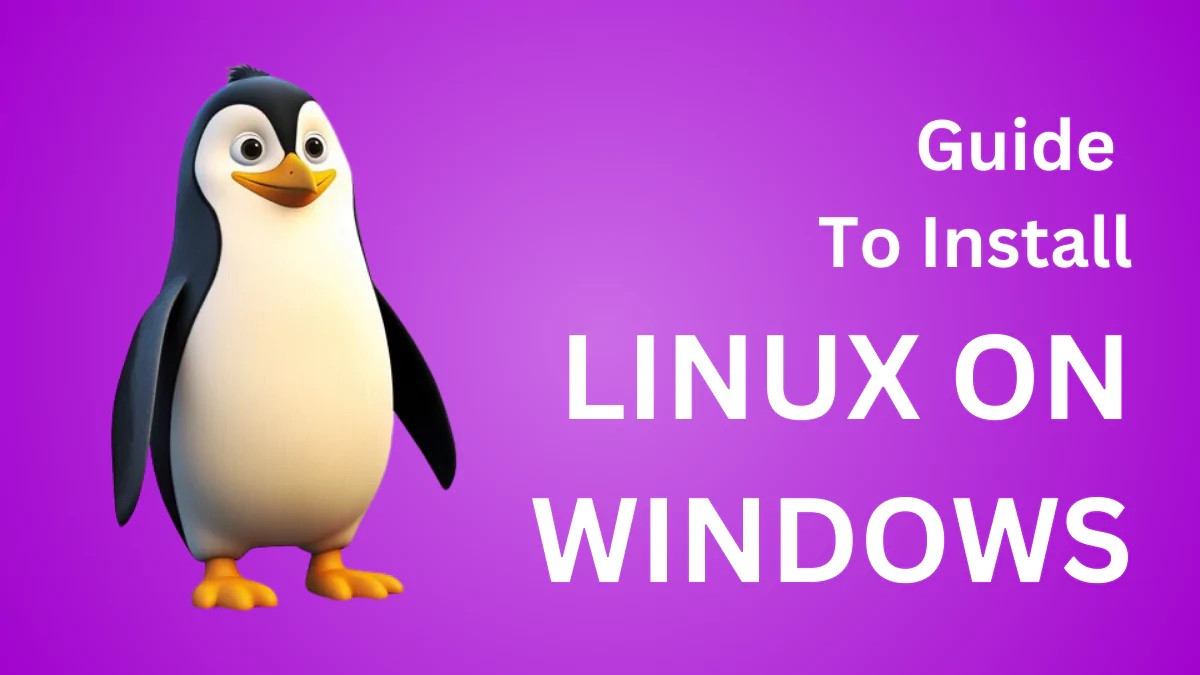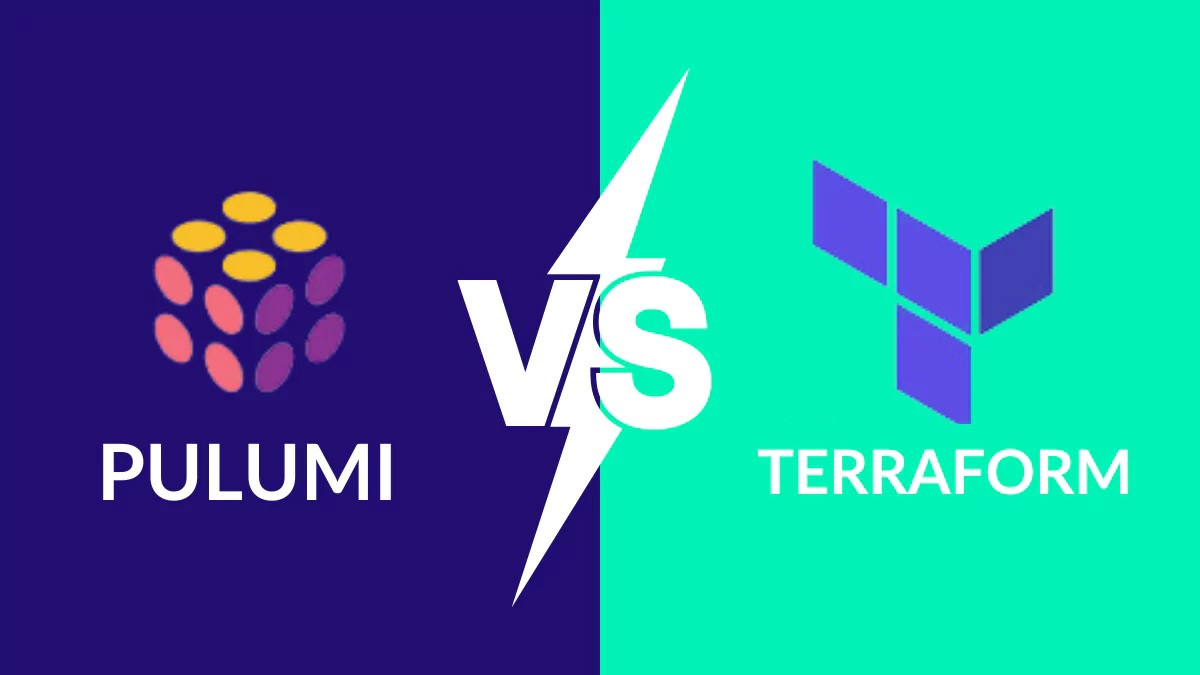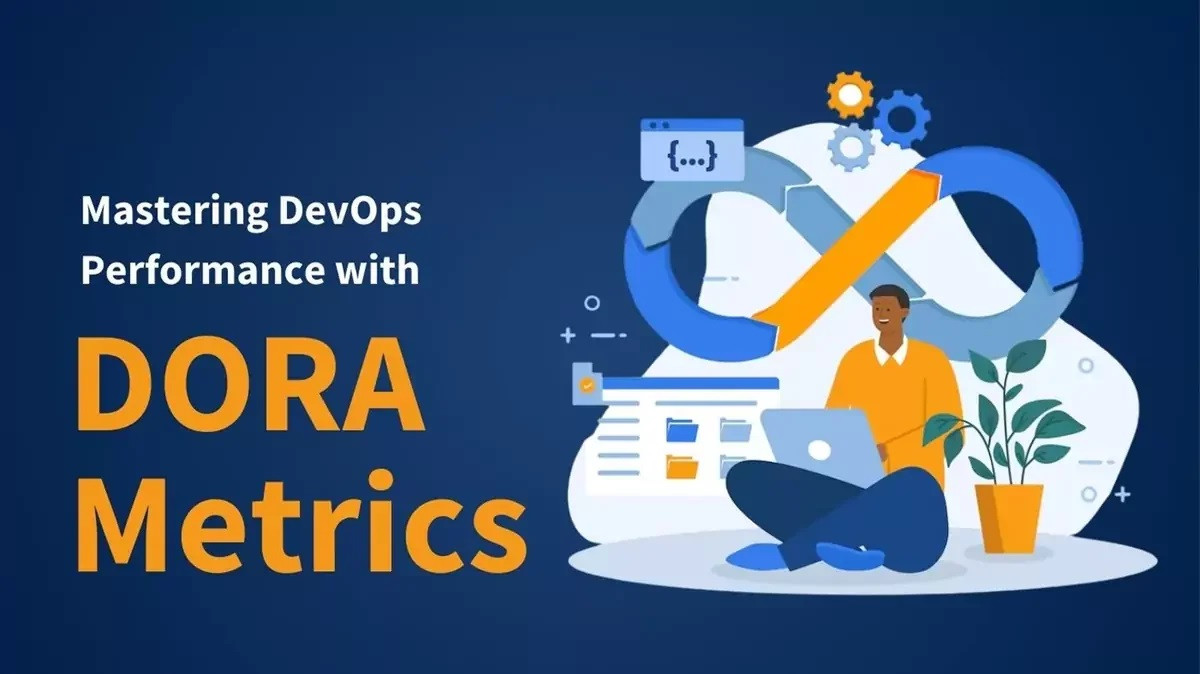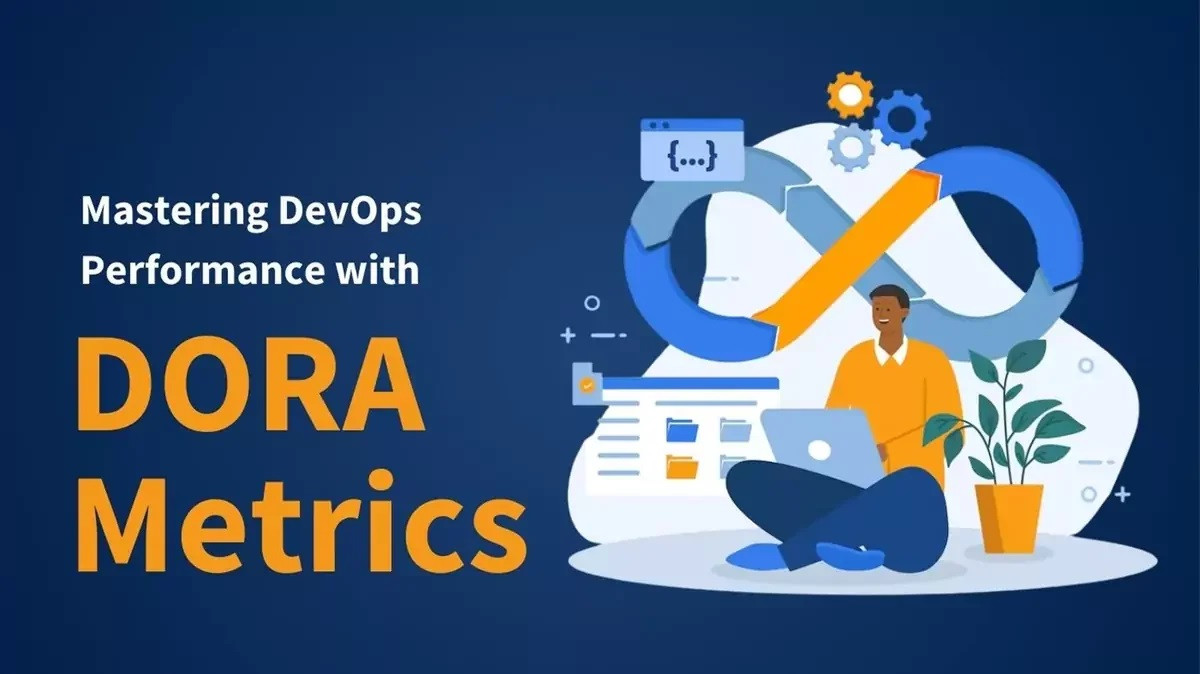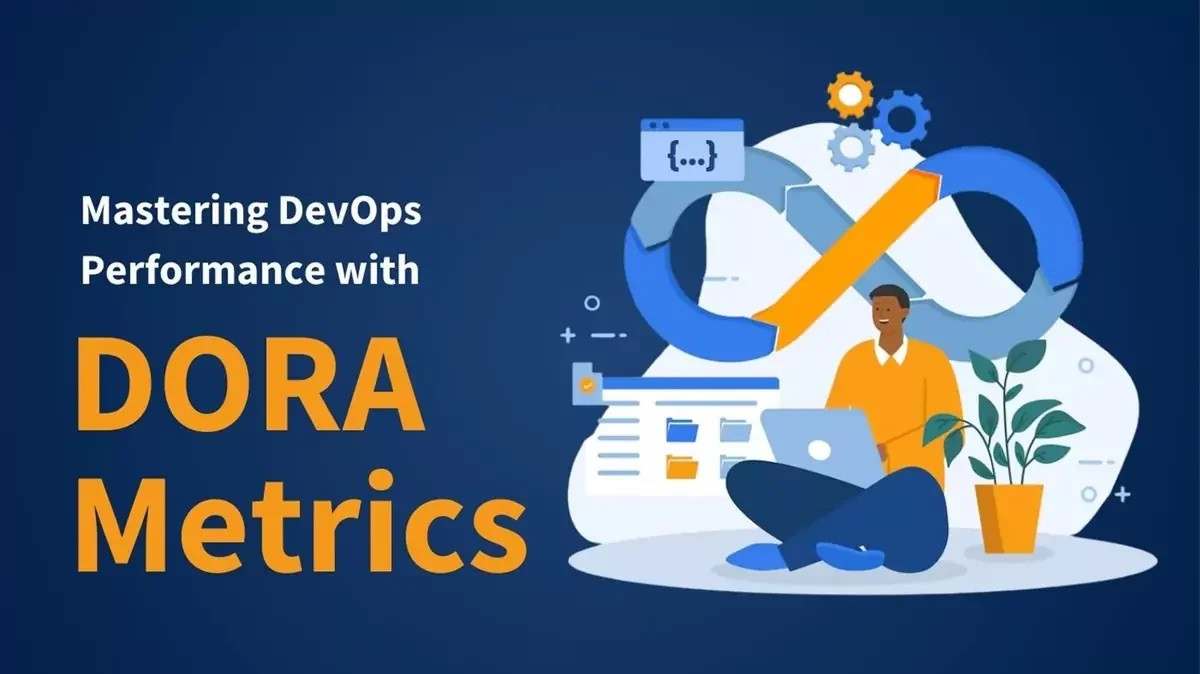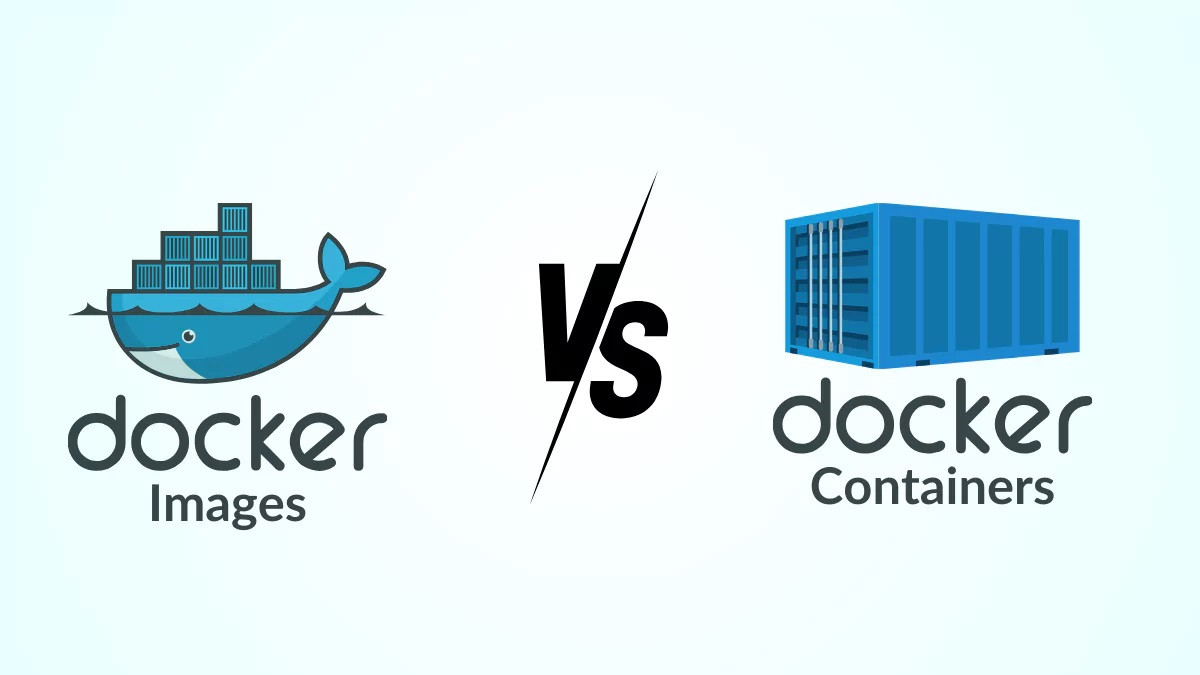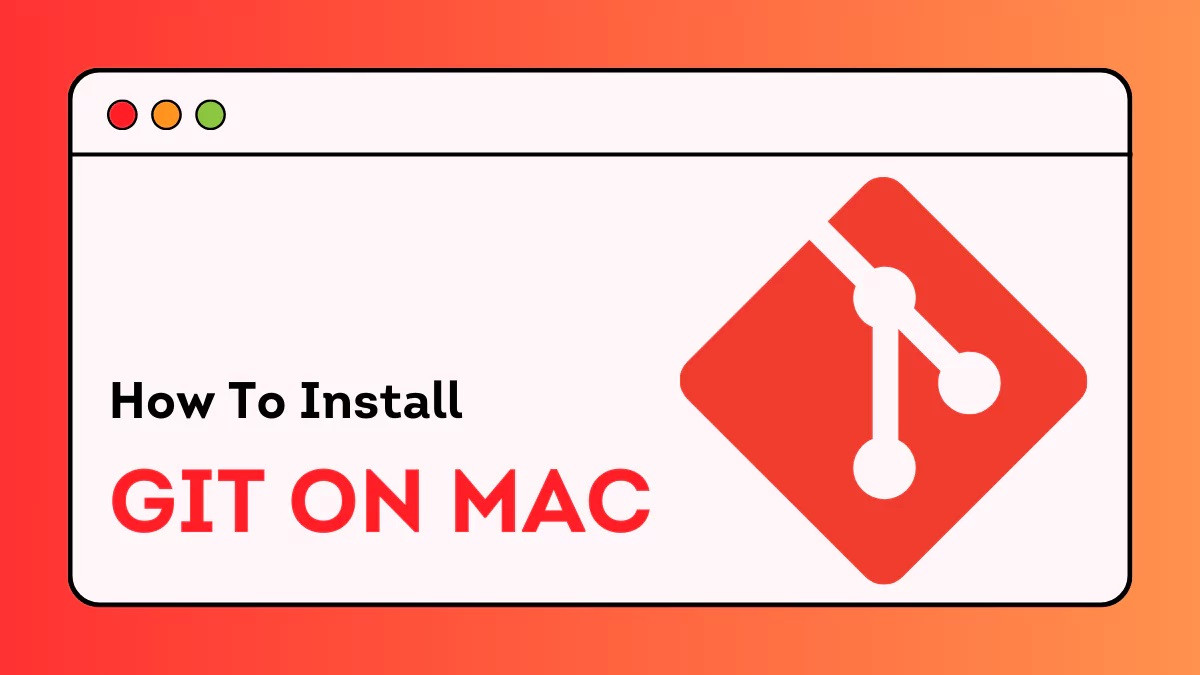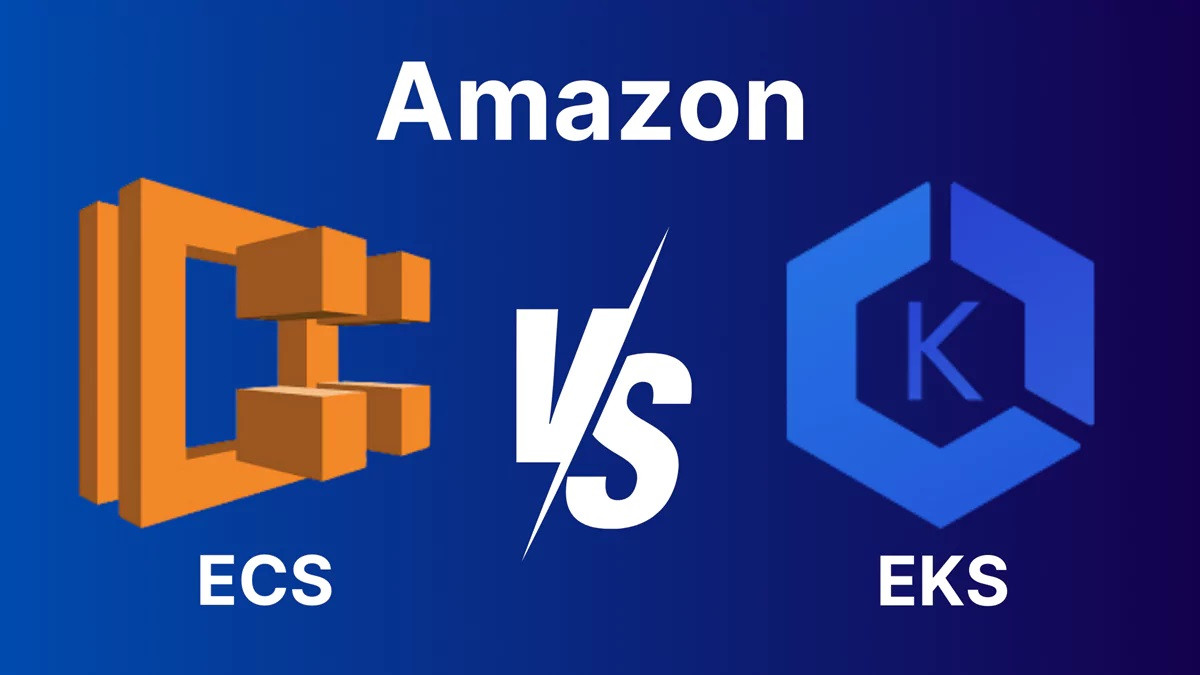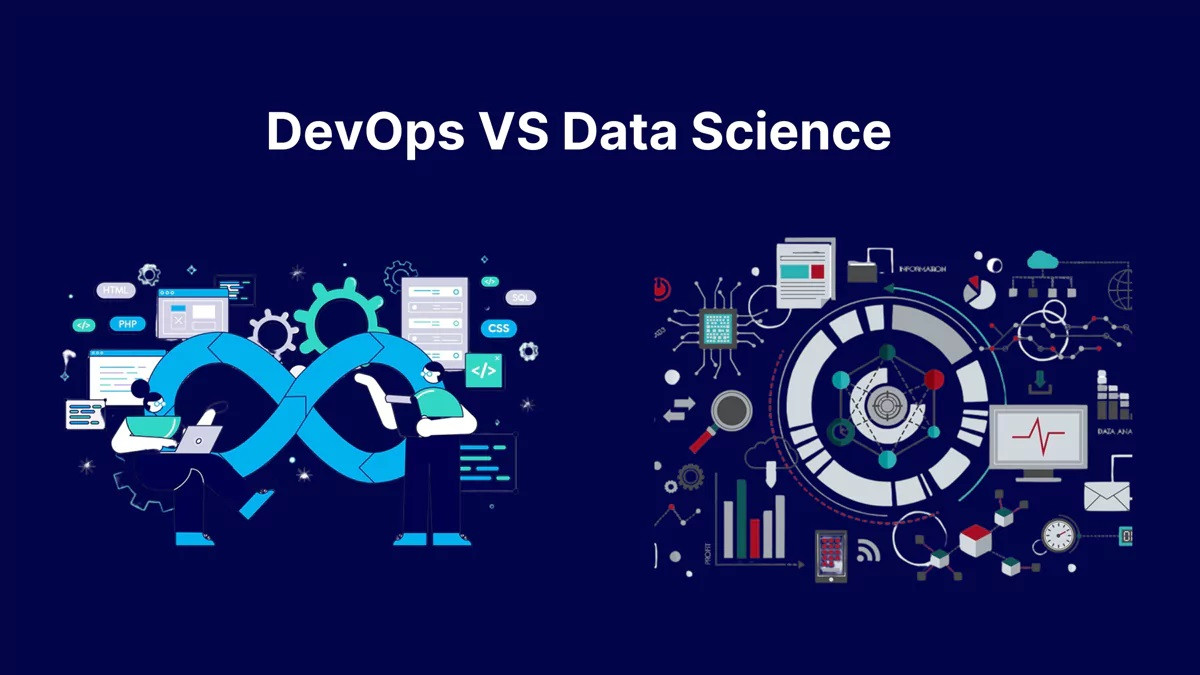Eva Brown
@evabrownNotice: Undefined index: user_follows in /home/admin/www/v2.anonup.com/themes/default/apps/profile/content.phtml on line 273
My name is Eva Brown. I graduated from the California Institute of Technology. Currently, I am working as a software engineer in the USA.
My name is Eva Brown. I graduated from the California Institute of Technology. Currently, I am working as a software engineer in the USA.
Pulumi and Terraform are both powerful Infrastructure as Code (IaC) tools, but each has its advantages. Pulumi is known for allowing users to write code in familiar programming languages like Python, TypeScript, and Go, making it easier for developers to integrate with existing applications. Terraform, on the other hand, uses HashiCorp Configuration Language (HCL), which is simpler for infrastructure engineers to grasp. Pulumi offers more flexibility, especially for teams with strong development skills, while Terraform is widely adopted, stable, and has a vast ecosystem of providers. Ultimately, the choice depends on the team's specific needs and skill set.
Read Also: https://devopssaga.com/pulumi-vs-terraform/
#Pulumi#Terraform#Infrastructureascode#DevOps#CLOUD
My name is Eva Brown. I graduated from the California Institute of Technology. Currently, I am working as a software engineer in the USA.
A Docker image is a lightweight, standalone, and executable software package that includes everything needed to run an application—code, runtime, libraries, and settings. It is essentially a snapshot of an environment at a specific point in time. A Docker container, on the other hand, is a running instance of a Docker image. While an image is the blueprint or template, a container is the actual runtime environment that’s created from the image, isolated from the host system but able to interact with it. In simple terms, images are static, and containers are dynamic.
My name is Eva Brown. I graduated from the California Institute of Technology. Currently, I am working as a software engineer in the USA.
Azure Data Studio is a powerful, cross-platform data management tool designed for SQL Server, Azure SQL, and other databases. This guide covers how to download and install Azure Data Studio on Windows, macOS, and Linux, along with its key features such as SQL Notebooks, customizable dashboards, and extensibility through extensions. Whether you're a database administrator or developer, Azure Data Studio provides a modern, lightweight interface for efficient database management and data analysis across different platforms.Read Also: https://devopssaga.com/how-to-download-and-install-azure-data-studio/
#AzureDataStudio#DataManagement#SQLServer#DatabaseTools#DataProfessionals#TechGuide#SQL#Azure
My name is Eva Brown. I graduated from the California Institute of Technology. Currently, I am working as a software engineer in the USA.
Azure Data Studio is a powerful, cross-platform data management tool designed for SQL Server, Azure SQL, and other databases. This guide covers how to download and install Azure Data Studio on Windows, macOS, and Linux, along with its key features such as SQL Notebooks, customizable dashboards, and extensibility through extensions. Whether you're a database administrator or developer, Azure Data Studio provides a modern, lightweight interface for efficient database management and data analysis across different platforms.Read Also: https://devopssaga.com/how-to-download-and-install-azure-data-studio/
#AzureDataStudio#DataManagement#SQLServer#DatabaseTools#DataProfessionals#TechGuide#SQL#Azure
My name is Eva Brown. I graduated from the California Institute of Technology. Currently, I am working as a software engineer in the USA.
Docker images and containers are essential components of containerization. A Docker image is a lightweight, standalone, and executable package that contains all the necessary code, runtime, libraries, and dependencies needed to run an application. It acts as a template for creating containers. On the other hand, a Docker container is a running instance of a Docker image, where the application and its environment are executed in isolation. While images are static files, containers are dynamic and can be started, stopped, or moved across different environments, making them highly scalable and efficient for modern application development
Read Also: https://devopssaga.com/docker-....images-vs-containers
#Docker#containers#dockerimage#DevOps#Containerization#CloudComputing#Kubernetes
My name is Eva Brown. I graduated from the California Institute of Technology. Currently, I am working as a software engineer in the USA.
Installing GIT on Mac is a simple process. First, open the Terminal and check if GIT is already installed by typing git --version. If it's not installed, you can download GIT from the official website (git-scm.com) or install it via Homebrew by running the command brew install git in the Terminal. Once the installation is complete, verify it by typing git --version again. You can then configure your GIT username and email by using the following commands:
git config --global user.name "Your Name"
git config --global user.email "your.email@example.com"
Read Also:https://devopssaga.com/how-to-install-git-on-mac/
#GitInstallation#MacOS#GitSetup#Homebrew#VersionControl#GitTutorial#MacDevelopers#CodingTips#TechGuide#DevOpsTools
My name is Eva Brown. I graduated from the California Institute of Technology. Currently, I am working as a software engineer in the USA.
Installing GIT on Mac is a simple process. First, open the Terminal and check if GIT is already installed by typing git --version. If it's not installed, you can download GIT from the official website (git-scm.com) or install it via Homebrew by running the command brew install git in the Terminal. Once the installation is complete, verify it by typing git --version again. You can then configure your GIT username and email by using the following commands:
git config --global user.name "Your Name"
git config --global user.email "your.email@example.com"
Read Also:https://devopssaga.com/how-to-install-git-on-mac/
#GitInstallation#MacOS#GitSetup#Homebrew#VersionControl#GitTutorial#MacDevelopers#CodingTips#TechGuide#DevOpsTools
My name is Eva Brown. I graduated from the California Institute of Technology. Currently, I am working as a software engineer in the USA.
Azure Data Studio and SQL Server Management Studio (SSMS) are popular tools for managing SQL databases, each serving distinct needs. What is Azure Data Studio vs SSMS? Azure Data Studio offers a lightweight, modern, and cross-platform solution focused on data analysis and SQL development with built-in features like notebooks. SSMS, on the other hand, is a comprehensive tool tailored for database administration and management, offering a wide range of functionalities for managing SQL Server instances. Choosing between them depends on whether the focus is on development and analysis or comprehensive database management.
Read Also: https://devopssaga.com/azure-data-studio-vs-ssms/
#AzureDataStudio#SSMS#SQLServer#DatabaseManagement#DataTools#SQLDevelopment#CloudComputing#DataScience
My name is Eva Brown. I graduated from the California Institute of Technology. Currently, I am working as a software engineer in the USA.
OpenShift, Rancher, and Tanzu are popular container management platforms. OpenShift offers a robust enterprise Kubernetes solution with integrated CI/CD tools. Rancher simplifies Kubernetes cluster management across multiple environments. Tanzu, by VMware, focuses on Kubernetes-based multi-cloud operations and modern application development. Choosing between them depends on specific needs like scalability, ease of use, and integration capabilities. Each platform provides unique features catering to various DevOps and cloud-native applications.
Read Also: https://devopssaga.com/openshift-vs-rancher-vs-tanzu/
#OpenShift#rancher#Tanzu#Kubernetes#DevOps#CloudNative#ContainerManagement
My name is Eva Brown. I graduated from the California Institute of Technology. Currently, I am working as a software engineer in the USA.
To install Linux on Windows 11, you can use the Windows Subsystem for Linux (WSL), which allows you to run a Linux distribution alongside your Windows OS. Start by enabling WSL through the "Turn Windows features on or off" menu, then install your desired Linux distro from the Microsoft Store. Set up your Linux environment by following the prompts, and you’ll have a fully functional Linux system running on your Windows 11 machine. This setup is perfect for developers and IT professionals who need access to Linux tools without leaving the Windows environment.
Read Also: https://devopssaga.com/install-linux-on-windows/
#LinuxOnWindows#WSL#Windows11#LinuxInstallation#TechGuide#DevOps
My name is Eva Brown. I graduated from the California Institute of Technology. Currently, I am working as a software engineer in the USA.
Discover how DORA metrics can elevate your DevOps performance! These four key indicators—Deployment Frequency, Lead Time for Changes, Change Failure Rate, and Mean Time to Recovery—help you measure and improve your software delivery processes, ensuring faster, more reliable releases. Start mastering your DevOps with DORA metrics today!
https://devopssaga.com/dora-metrics/
#DORAMetrics#DevOps#SoftwareDevelopment#TechExcellence
My name is Eva Brown. I graduated from the California Institute of Technology. Currently, I am working as a software engineer in the USA.
DORA Metrics provides key insights into software delivery performance, emphasizing continuous improvement. When submitting images, teams can leverage these metrics to enhance the efficiency of their pipelines. By tracking deployment frequency, lead time for changes, and change failure rate, teams can optimize image submission workflows for faster, more reliable outcomes. This leads to a more agile and responsive process, aligning with the goals of DevOps.
Read Also: https://devopssaga.com/dora-metrics/
#DevOps#DORAMetrics#SoftwareEngineering#PerformanceOptimization#TechInnovation
My name is Eva Brown. I graduated from the California Institute of Technology. Currently, I am working as a software engineer in the USA.
This guide compares AWS Server Migration Service and AWS Application Migration Service, highlighting their key features and differences. It helps you determine which service is best suited for your cloud migration needs—whether you're looking for a simple lift-and-shift approach or a more detailed application-centric migration. By understanding the strengths of each service, you can make an informed decision to ensure a smooth transition to AWS.
Read Also: https://devopssaga.com/aws-server-migration-service-vs-application-migration-service/
#AWSMigration#CloudComputing#ServerMigration#ApplicationMigration#AWSCloud
My name is Eva Brown. I graduated from the California Institute of Technology. Currently, I am working as a software engineer in the USA.
Discover the step-by-step process of how to install Linux on Windows 10 & 11 with our ultimate guide! Perfect for developers, tech enthusiasts, and curious users, this comprehensive tutorial will help you set up a dual-boot system effortlessly. Enhance your computing experience by enjoying the best of both operating systems.
Read Also: https://devopssaga.com/install-linux-on-windows/
#InstallLinux#Windows11#LinuxOnWindows#TechGuide#Developers
My name is Eva Brown. I graduated from the California Institute of Technology. Currently, I am working as a software engineer in the USA.
When it comes to Infrastructure as Code (IaC) platforms, the debate between Pulumi vs Terraform is prominent. Both platforms offer robust solutions for managing infrastructure, but how do they compare? Pulumi, with its support for modern programming languages, brings flexibility and familiarity for developers, whereas Terraform, known for its declarative language, provides a straightforward and powerful approach. Deciding between Pulumi and Terraform ultimately depends on your specific project needs and team expertise. Dive into the strengths and differences of each to make an informed decision on your IaC platform.
Read Also: https://devopssaga.com/pulumi-vs-terraform/
#IaC#PulumiVsTerraform#DevOps#CloudInfrastructure#Infrastructureascode
My name is Eva Brown. I graduated from the California Institute of Technology. Currently, I am working as a software engineer in the USA.
Master DevOps performance with DORA's key metrics: Deployment Frequency, Lead Time for Changes, Mean Time to Restore, and Change Failure Rate. Boost efficiency, resilience, and reliability in software delivery.
Read Also: https://devopssaga.com/dora-metrics/
#DevOps#DORAMetrics#SoftwareEngineering#PerformanceOptimization#ContinuousImprovement#TechInnovation
My name is Eva Brown. I graduated from the California Institute of Technology. Currently, I am working as a software engineer in the USA.
Master DevOps performance with DORA's key metrics: Deployment Frequency, Lead Time for Changes, Mean Time to Restore, and Change Failure Rate. Boost efficiency, resilience, and reliability in software delivery.
Read Also: https://devopssaga.com/dora-metrics/
#DevOps#DORAMetrics#SoftwareEngineering#PerformanceOptimization#ContinuousImprovement#TechInnovation
My name is Eva Brown. I graduated from the California Institute of Technology. Currently, I am working as a software engineer in the USA.
When discussing "Docker image vs container," it's essential to grasp their distinctions. A Docker image is a lightweight, standalone, and immutable file that contains all the instructions needed to create a container. It includes the application code, libraries, and dependencies. Conversely, a Docker container is a runtime instance of a Docker image, providing an isolated environment for running applications. In summary, images are the blueprint, while containers are the execution units.
Read Also: https://devopssaga.com/docker-images-vs-containers/
#Docker#DevOps#Containerization#CloudComputing#SoftwareDevelopment
My name is Eva Brown. I graduated from the California Institute of Technology. Currently, I am working as a software engineer in the USA.
To install Git on Mac, follow these simple steps. First, open Terminal and check if Git is pre-installed by typing git --version. If not, download the latest version from the official Git website. Once downloaded, open the package and follow the installation prompts. After installation, verify it by typing git --version again in Terminal. For easier management, consider installing Homebrew, a package manager for Mac. Simply run brew install git in Terminal. This method ensures you have the latest Git version.
Read Also: https://devopssaga.com/how-to-install-git-on-mac/#Git#MacOS#VersionControl#InstallGitOnMac#Homebrew
My name is Eva Brown. I graduated from the California Institute of Technology. Currently, I am working as a software engineer in the USA.
Understanding the differences between ECS and EKS in AWS is vital for container management. ECS (Elastic Container Service) offers seamless AWS integration, while EKS (Elastic Kubernetes Service) provides the flexibility of Kubernetes with AWS's ease. Choosing between ECS vs EKS depends on your team's familiarity with Kubernetes, application complexity, and specific use cases. Evaluating AWS ECS vs EKS helps align your container strategy with business goals for optimized cloud operations.
Read Also: https://devopssaga.com/ecs-vs-eks/
#ContainerManagement#aws#ECSvsEKS#CloudComputing#Kubernetes#AmazonECS#AmazonEKS
My name is Eva Brown. I graduated from the California Institute of Technology. Currently, I am working as a software engineer in the USA.
When it comes to choosing between DevOps and Data Science, it's essential to understand their distinct roles and benefits. DevOps focuses on the collaboration between development and operations teams to streamline the software development lifecycle, ensuring continuous integration and delivery. On the other hand, Data Science involves extracting insights and knowledge from data using statistical methods, machine learning, and big data technologies. The debate of DevOps vs Data Science often centers on career goals and interests. If you're inclined towards improving system efficiency and deployment, DevOps might be the path for you. However, if you are passionate about data analysis and predictive modeling, Data Science could be your calling. Considering the question "DevOps vs Data Science: Which is better?", it ultimately depends on your career aspirations.
Read Also: https://devopssaga.com/devops-vs-data-science/



